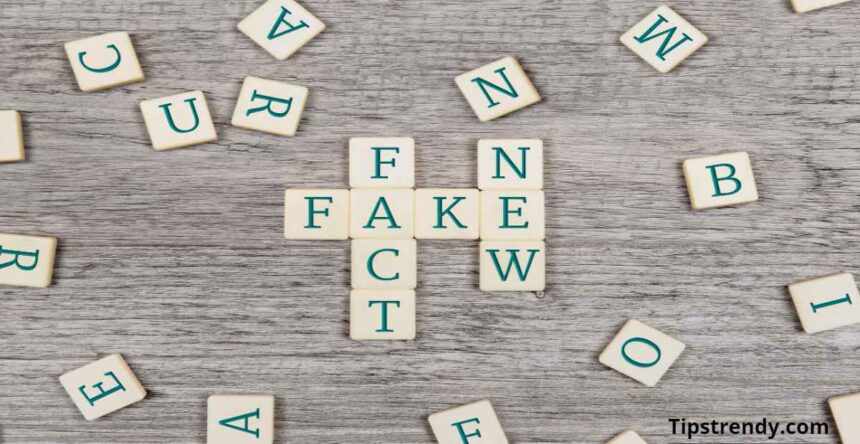Introduction
Are you ready to exercise your brain and have some fun? Look no further than the New York Times Crossword Puzzle! This iconic puzzle has been challenging and entertaining solvers for decades. Today, we delve into a specific clue that may leave you pondering – Ask Someone in Earnest NYT Crossword. Let’s unlock the mystery together and sharpen our puzzling skills!
The Legacy of the New York Times Crossword Puzzle
History and Evolution
The New York Times Crossword Puzzle first appeared in the newspaper on February 15, 1942. Since then, it has grown into a beloved pastime for millions of readers. The puzzle has evolved over the years, incorporating modern language and cultural references, making it both a challenge and a joy for solvers of all ages.
Why It’s So Popular
The popularity of the New York Times Crossword Puzzle lies in its clever clues, diverse themes, and the mental workout it provides. Solvers are drawn to the satisfaction of cracking a tough clue and completing the puzzle, often making it a daily ritual.
Understanding Crossword Clues:
Types of Clues
Crossword clues come in various forms, including direct definitions, wordplay, anagrams, and puns. Each type requires a different approach to solve, making the puzzle an engaging and multifaceted challenge.
Wordplay and Puns
Wordplay and puns are the heart of many crossword puzzles. These clues often use double meanings, homophones, and other linguistic tricks to mislead and delight solvers.
Deciphering “Ask Someone in Earnest”
Breaking Down the Clue
To solve the clue “Ask Someone in Earnest,” you need to understand the components: “ask” and “earnest.” These words suggest a sincere or urgent request.
Synonyms for “Ask”
Synonyms for “ask” include inquire, query, request, plead, and beseech. These words can guide you towards the right answer.
Meaning of “Earnest”
Earnest means sincere or serious. Combining this with synonyms for “ask” can help you crack the code.
Tips on Solving “Ask Someone in Earnest”
1. Synonym Exploration
Consider synonyms like inquire, request, plead, and beseech. These can broaden your search and uncover potential answers.
2. Contextual Clues
Pay attention to surrounding clues for additional hints. Context can provide insights into the correct answer.
3. Brainstorming Techniques
Don’t be afraid to brainstorm and jot down different possibilities before committing to an answer. Sometimes stepping back and approaching it from a fresh perspective can make all the difference.
Possible Answers for the Clue
Common Responses
Possible answers include PLEAD, BESEECH, URGE, or IMPLORE. These words capture the urgency and sincerity implied by the clue.
Thinking Outside the Box
Consider less obvious synonyms like ENTREAT, PETITION, or PRAY TO. The beauty of crossword puzzles lies in their ability to challenge your creativity and vocabulary skills.
Common Themes and Answers in Earnest Clues
Emotional and Sincere Words
Earnest clues often revolve around emotions, urgency, or sincerity. Words like beg, plead, and urge are commonly used solutions.
Examples from Recent Puzzles
- Implore desperately (Four letters) – BEG
- Request sincerely (Four letters) – PLEA
- Ask fervently (Five letters) – URGE
Strategies for Tackling Earnest Clues
Step-by-Step Approach
- Identify key words in the clue.
- Consider synonyms and related terms.
- Use surrounding clues for context.
- Brainstorm multiple possibilities.
- Verify your answer with intersecting words.
Avoiding Common Pitfalls
Don’t get stuck on your first guess. Be flexible and open to changing your answer as you gather more information.
Why Crossword Puzzles Are Great for Your Brain
Cognitive Benefits
Solving crossword puzzles enhances cognitive functions, such as memory, problem-solving skills, and concentration.
Enhancing Vocabulary and Problem-Solving Skills
Regularly tackling crosswords expands your vocabulary and improves your ability to think critically and creatively.
How to Get Better at Solving Crosswords
Practice Regularly
The more you practice, the better you get. Regularly solving puzzles will improve your skills over time.
Learn from Experts
Read tips and strategies from experienced solvers to enhance your techniques and approach.
Fun Facts About the New York Times Crossword
Interesting Trivia
- The first crossword puzzle appeared in the New York World in 1913.
- The New York Times Crossword is often themed, with clever and creative themes that challenge solvers.
Famous Puzzles and Solvers
- Bill Clinton, an avid crossword solver, once contributed a puzzle to the New York Times.
- The Sunday puzzle is considered the most challenging of the week.
Conclusion: Happy Puzzling!
As you dive into your next New York Times Crossword puzzle session, armed with new insights on deciphering clues like “Ask Someone in Earnest NYT”, may your solving skills sharpen and your enjoyment soar! Keep practicing and exploring different strategies – happy puzzling!
